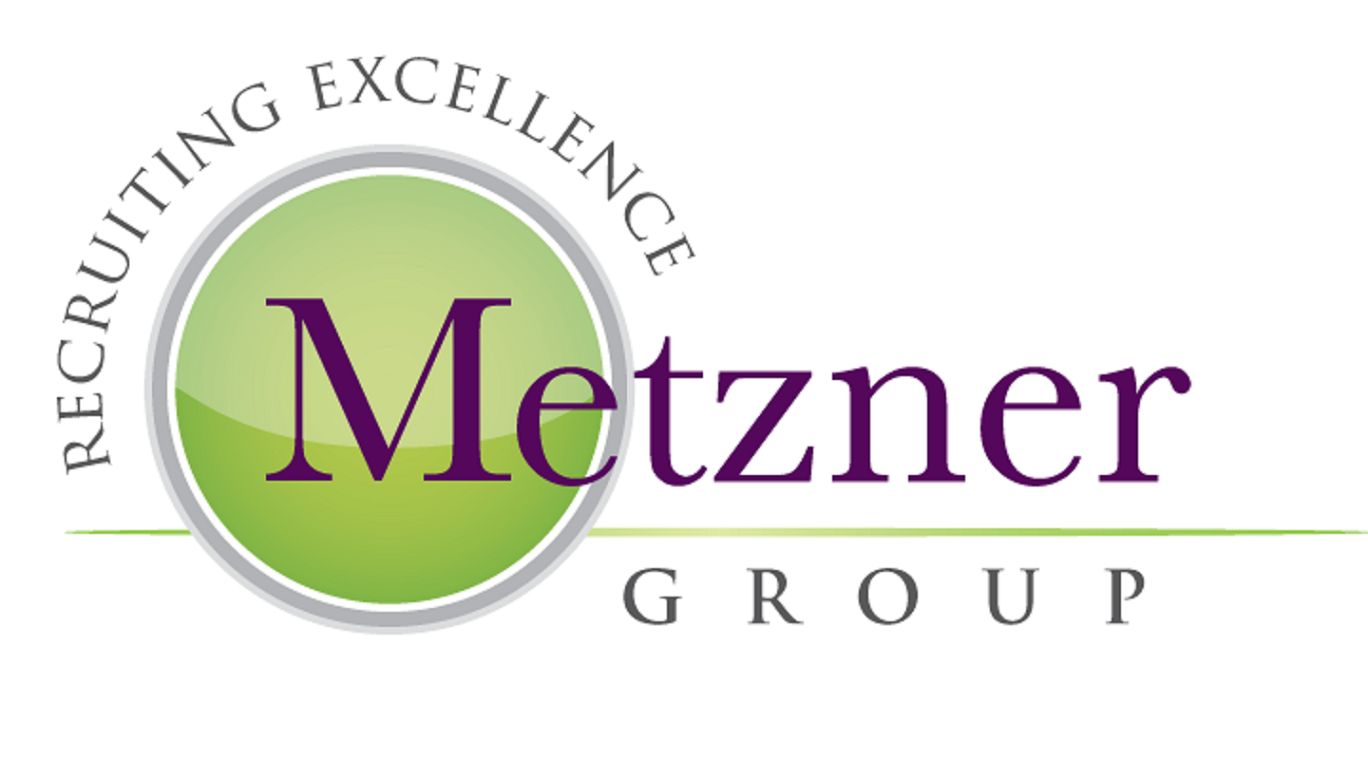Civil Engineering Salaries: Does Yours Measure Up?
I received a call today from a civil engineering Senior Project Manager. During the conversation he asked me, “How does my salary measure up against others?” Over my 25+ years of recruiting, this is one of the most frequently asked question. And, it is not easily answered.
Salaries range widely across the US. Benefit packages range widely as well. An engineer with a specific educational background and technical experience may make as much as $30K more in New York or Los Angeles then they do in North Carolina or Michigan. And with our recent blog on salary compression , salaries of two employees who sit next to each other with identical resumes may differ in compensation by several thousands of dollars!
Your Human Resources Department is not going to share your colleagues salaries; however, they may share ranges for your position. That will give you a starting point.
So what is one to do? Short of interviewing with other firms to see what they may offer or talking to colleagues who work at other firms, here are a few sites that offer some guidelines.
Results are from salary surveys: indeed.com , simplyhired.com , ASCE.org , payscale.com . Keep in mind, that even the information on these sites vary greatly. After identifying various salary ranges, check out your cost of living comparison in your location with your salary here: cnn.money .
How do you assess whether you are being paid competitively? Please let us know!
The Metzner Group Blog




